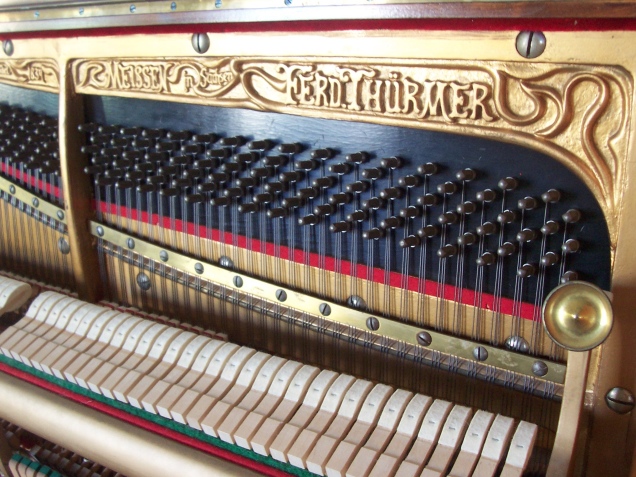How to refer to Margaret
margaret-mx-she-they.html
Mix Margaret Dylan Jones
W.A. composer, pianist,
teacher, article writer, lyricist
Teaching songs
Guidelines for students having singing lessons
Many years ago I used to supply my singing students with most of their songs. This got very boring after a while, so now I mostly ask students to suggest songs.
This has many advantages, but some guidence is needed.
Please, starting from day one, keep making an ongoing list of songs you wish you could sing. Don't worry about whether a song might be too hard, too easy, too high or too low. Any style you like is OK.
Even if songs on your list are not suitable at least that gives me a good idea of what songs you like. In any case, it seems most people mostly like songs that are suitable for their voice or will be at some point in the future.
Things you need for your list:
1) Song title. Name of recording artist and/or creator.
2) Location of the audio file: write that it's on a particular CD in your collection, an mp3, on your mobile phone, or write a link for a page on Spotify or Bandcamp etc.
3) Location of the sheet music (score), if you have one: in a book on page x, maybe a PDF on your laptop in a folder called "...." Perhaps it's available online for a cheap licence fee (include the link). Is it a piano/vocal score, or just a lyric chart with chord names?
If I can hear the song that will help me determine if it's suitable for you at this stage in your tuition. When I do that I will work out and consider the key, the range, and the tessitura.
Transposition
Perhaps your song is good for you but needs to be put into a different key (higher or lower). With digital pianos it's easy to transpose. A print licensing site might offer it in various keys, so hold off on that until we know which key will suit you.
Piano part for the lesson
To work on a song in the lesson the best thing for me is a proper piano/vocal score (I'm an excellent sight-reading piano accompanist). Second best is a chord chart with the lyrics. At least have the words written out.
Backing or accompaniment for performance, exams, auditions
This is where the style of music makes a difference. If the song is classical or music theatre (MT), I or someone else can play it on the piano. If it's pop or rock etc, you might be better with an audio recording to accompany you. If the latter, will it be in the right key?
For some songs there is a 'minus-one' backing track availble. That's an old term for a recording of the band or orchestra with the singer (or other solosist) not included.
More sophisticated computer backings will hear your tempo (speed) and follow you when every you want to go faster or slower.
Note that making a transcription (taking it off an audio recording to write it out) is not a service I offer. That's a really tedious and time consuming task.
Copyright
This is a vast and complicated subject. In simple terms, there is no way a private student or private teacher may photocopy a publication to learn it. That definitely does not come under the provisions for 'study,' with the one exception of taping a photocopied page to the edge of a book to avoid a page turn. Someone has to buy the book or books, possibly both the teacher and the student.
Copyright may exist in a work in a number of separate ways and for several separate creators or businesses. Typically it's the composer, lyricist, and publisher.
For us in Australia, if the composer died more than 70 years ago AND the work was published during their lifetime, the work is in the public domain (ie out of copyright) in terms of the music. Same deal for the lyricst (the writer of the words). So you'd think a song by Mozart would be in the clear. However, the publisher may well have a copyright in their typesetting artwork, so you still couldn't photocopy it. This is to protect the publisher's risky long-term investment in making thousands of copies, and the music shops.
But you could write out by hand or typeset your Mozart aria yourself, or get someone to do it for you (don't look at me!)
With modern music, such as pop songs, people often learn them from listening to a recording. Many popular song sheets are available for free or cheap download from various sites which gives you a print that says "Licenced to so-and-so."
A good learning exercise is to write the words and chords out yourself from a recording, though that may still be a violation of the composer and lyricists' rights, depending on their life and publication dates.
FREE or CHEAP ONLINE SHEET MUSIC
sheetmusicplus.com
musescore.com
free-scores.com
sheetmusic.cc
Petrucci Music Library, Sharing the world’s public domain music
imslp.org
8notes.com

My sites
Entry Portal
BLOG
(leave a comment)
Facebook:
MixMargaretDylanJones
SoundCloud
(free recordings)
YouTube (videos)
Site List